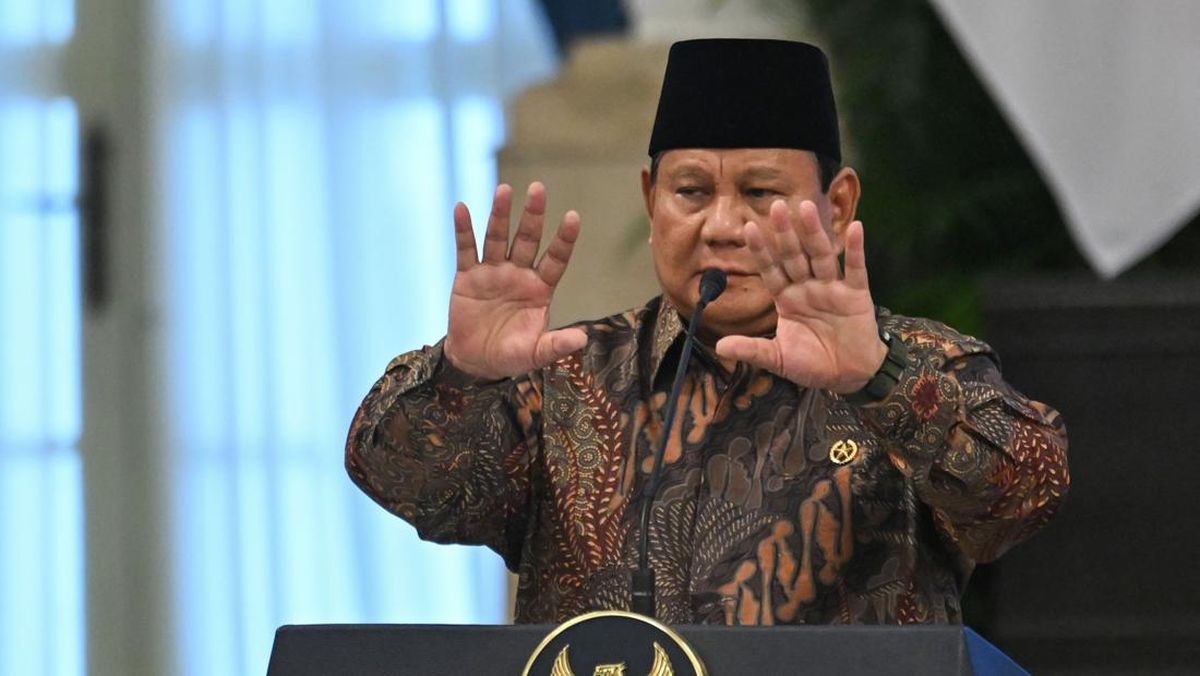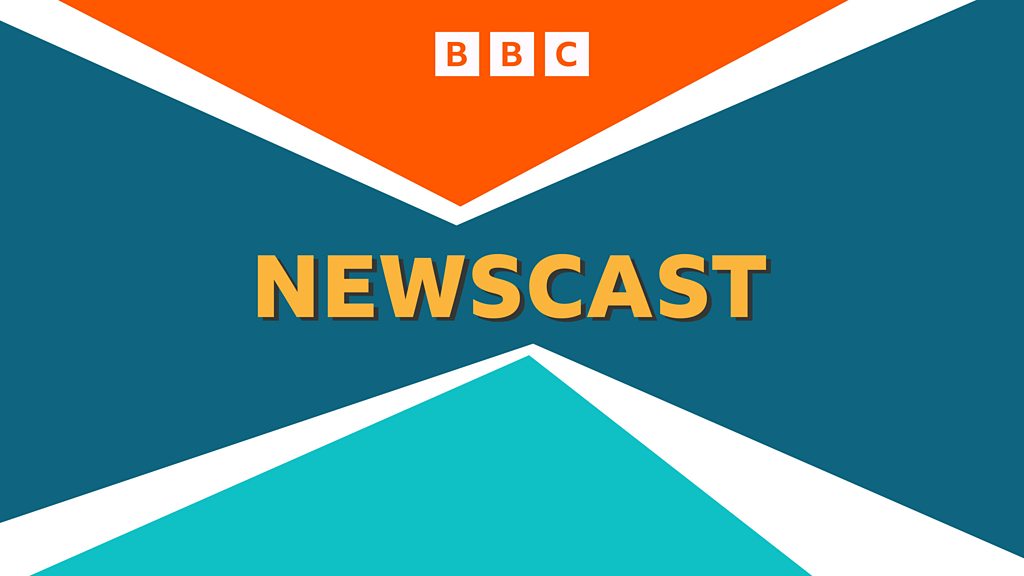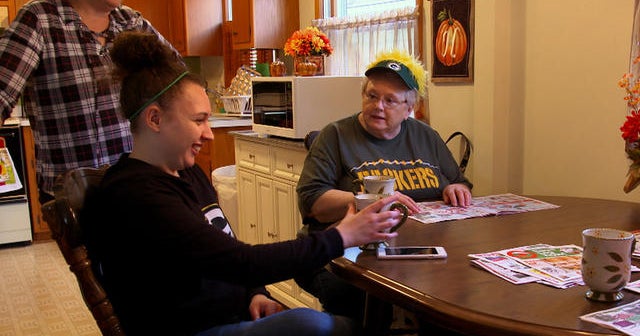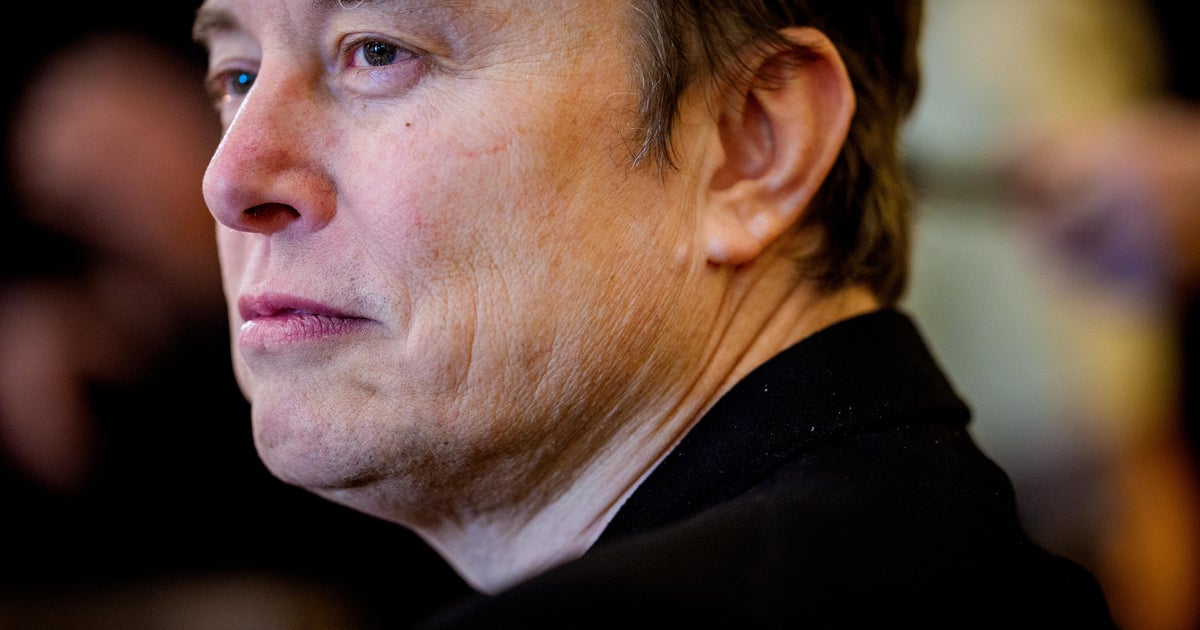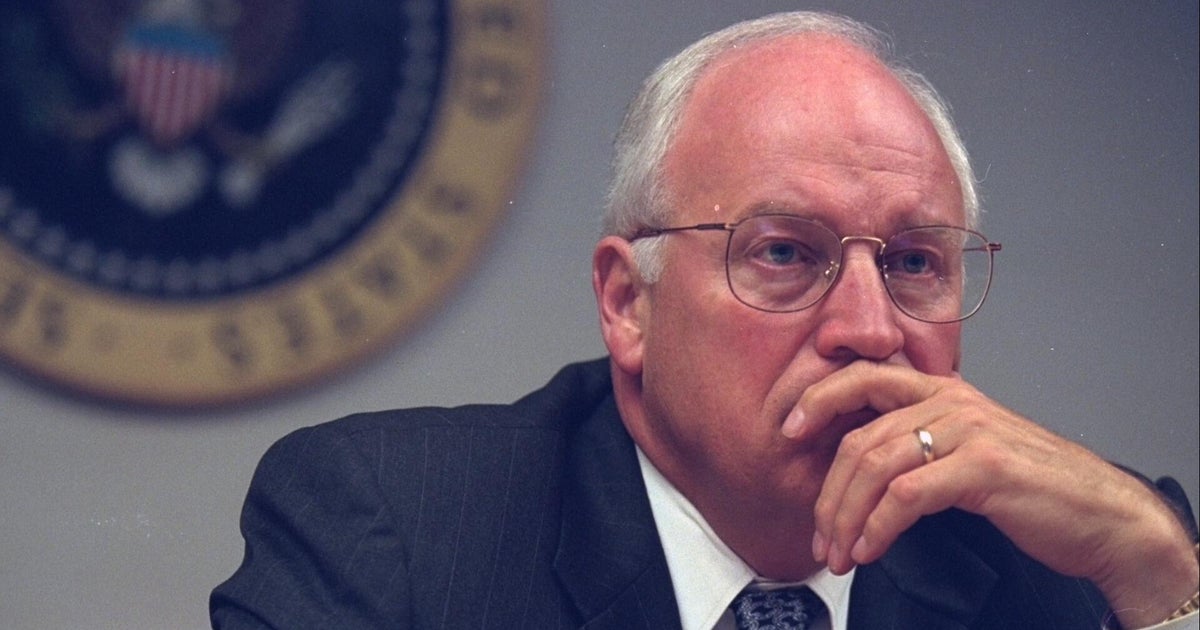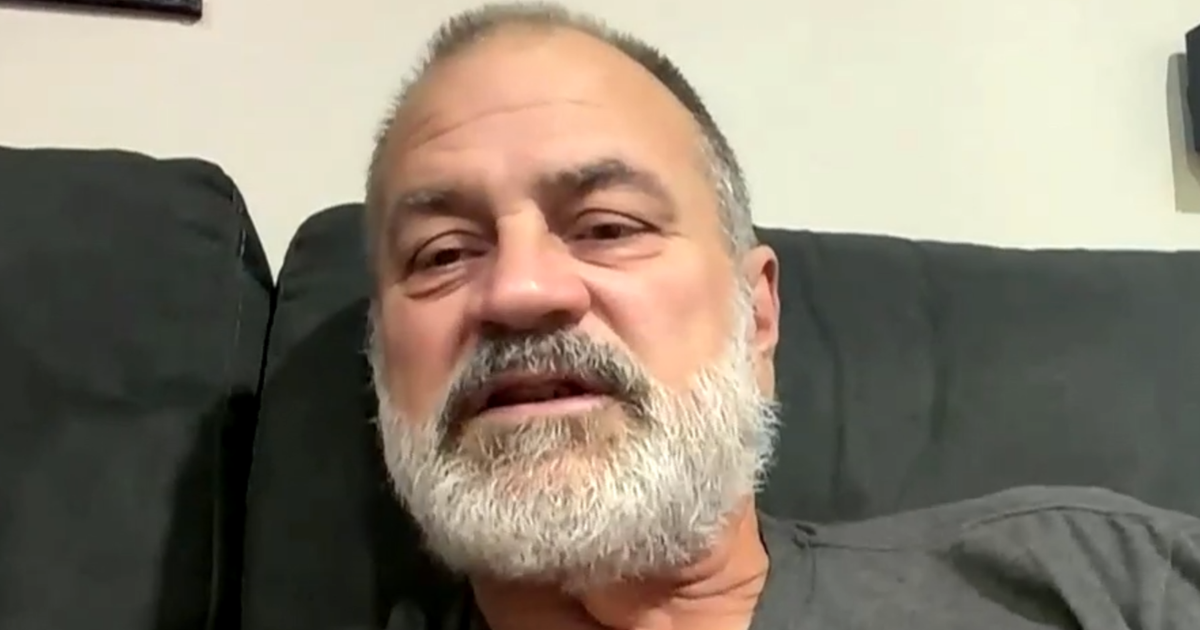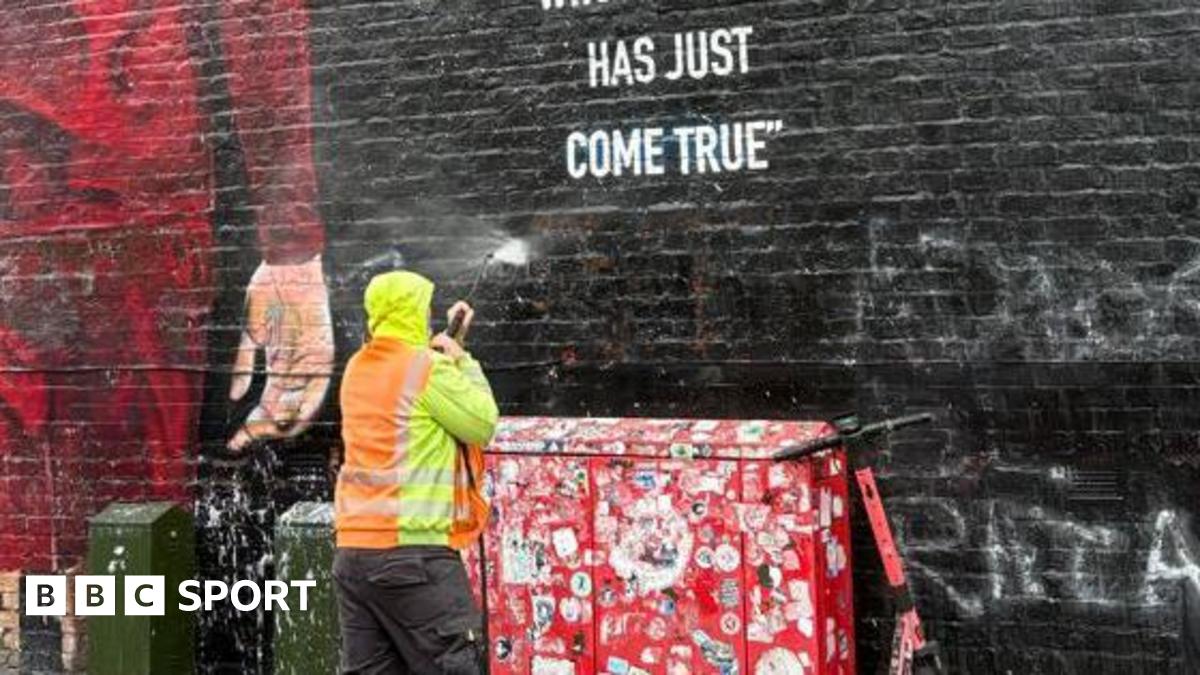Commonwealth Bank, Temu and HCF have been blasted for taking advantage of poor customers, failing safety standards, and hiking prices, with the three companies picking up gongs in consumer advocate Choice’s annual Shonky awards.
The 2025 iteration of the Shonky awards has also targeted energy retailers for their use of confusing pricing tactics, as well as a plug-in heater that fails to plug in or heat.
Commonwealth Bank’s Shonky was awarded off the back of an ASIC investigation earlier this year that found major banks charging low-income customers excessive fees when they were eligible for low or no-fee accounts.

Choice CEO Ashley de Silva, centre, presenting this year’s Shonky awards.Credit: CHOICE
While most of the banks caught said they’d issue bulk refunds, Commonwealth Bank initially refused refunds, before saying it would instead only consider individual refunds on a case by case basis for its 2.2 million affected customers charged a total of $270 million in fees. Commonwealth Bank previously made $25 million in “goodwill payments” to about 87,000 Indigenous concession customer accounts in response to an earlier ASIC report.
“Commonwealth Bank has taken bad bank behaviour to a whole new level,” Choice CEO Ashley de Silva said.
It is the bank’s fourth Shonky award, making it the most recognised Australian company in the Shonky awards’ history.
A Commonwealth Bank spokesperson said it was committed to “making banking fair and accessible”, and noted that it had since paused certain fees for some eligible concession customers.
Chinese online retailer Temu’s Shonky was awarded for it being an “unsafe haven for dodgy sales tactics and fast fashion”.
“Its customer service leaves much to be desired, purchases can take a very long time to arrive, and it’s often difficult to get refunds,” de Silva said. “Temu is also one of the biggest drivers of fast fashion, selling poorly made clothes at cheap prices.”
Safety was flagged as Temu’s biggest issue. In 2024, Choice purchased and tested 15 randomly selected coin and button battery-operated products from Temu, with every product tested failing at least one requirement of Australian button battery regulations designed to keep children safe. The items were subsequently removed from sale.
Loading
In July 2024, an eight-year-old in Queensland “suffered burns to 13 per cent of her body after a Temu hoodie she was wearing went up in flames when a few rogue sparks from a fire pit landed on the jumper”, de Silva said, noting the consumer watchdog later found the hoodie wasn’t compliant with mandatory safety standards due to a lack of fire warning label. Four months later, Temu recalled the hoodie.
Choice also scolded Temu for failing to join other online marketplaces in signing up to the voluntary Product Safety Pledge, designed to protect consumers.
“Temu’s insufficient concern for the safety of the products it sells means it more than deserves its Shonky Award this year,” de Silva said.
A Temu spokesperson said safety was a top priority, and that it acts swiftly to remove non-compliant listings.
Loading
Health fund HCF was awarded a Shonky for bypassing the government approval process for health insurance premium increases on existing policies by “sneakily closing” its Premium Gold policy, and opening a new policy with almost identical cover named Optimal Gold with a 34.6 per cent price increase - a tactic which required no government approval. De Silva described HCF’s actions as “rorting the system”.
In a statement, HCF said it updated its gold policy to keep it “accessible, equitable and sustainable”.
“Challenges with Gold-hospital sustainability reflect broader sector pressures, driven by higher costs from complex claims, particularly in mental health,” it said.
Choice research found that customers could have saved about $65 million each year if retailers had made the cheaper options clearer.
De Silva said that a number of energy retailers had dudded their customers by rolling out new, cheaper plans with the same name as existing plans. “As a result, many consumers were led to believe they were already on the best plan as their current plan name was identical – potentially missing out on savings as a result,” she said.

Handy Heater Turbo 800, Choice Shonky award recipient in 2025
The Handy Heater Turbo 800, a plug-in heater sold by various online retailers, was also scorned, for shipping with a foreign power plug that doesn’t fit directly into Australian sockets.
Sales rules mean it must fit in local outlets, but the heater came with a non-compliant travel adaptor that left pins exposed when plugged in, posing a safety risk.
Other safety issues included a lack of any kind of thermal protection device, insecure wiring, and a heating element directly mounted onto thermoplastic – a material that becomes soft when heated,” de Silva said.
“On top of the multitude of safety issues, our testing also revealed the Handy Heater doesn’t actually produce anywhere near as much heat as its advertising suggests,” he said.
The Business Briefing newsletter delivers major stories, exclusive coverage and expert opinion. Sign up to get it every weekday morning.
Most Viewed in Business
Loading




